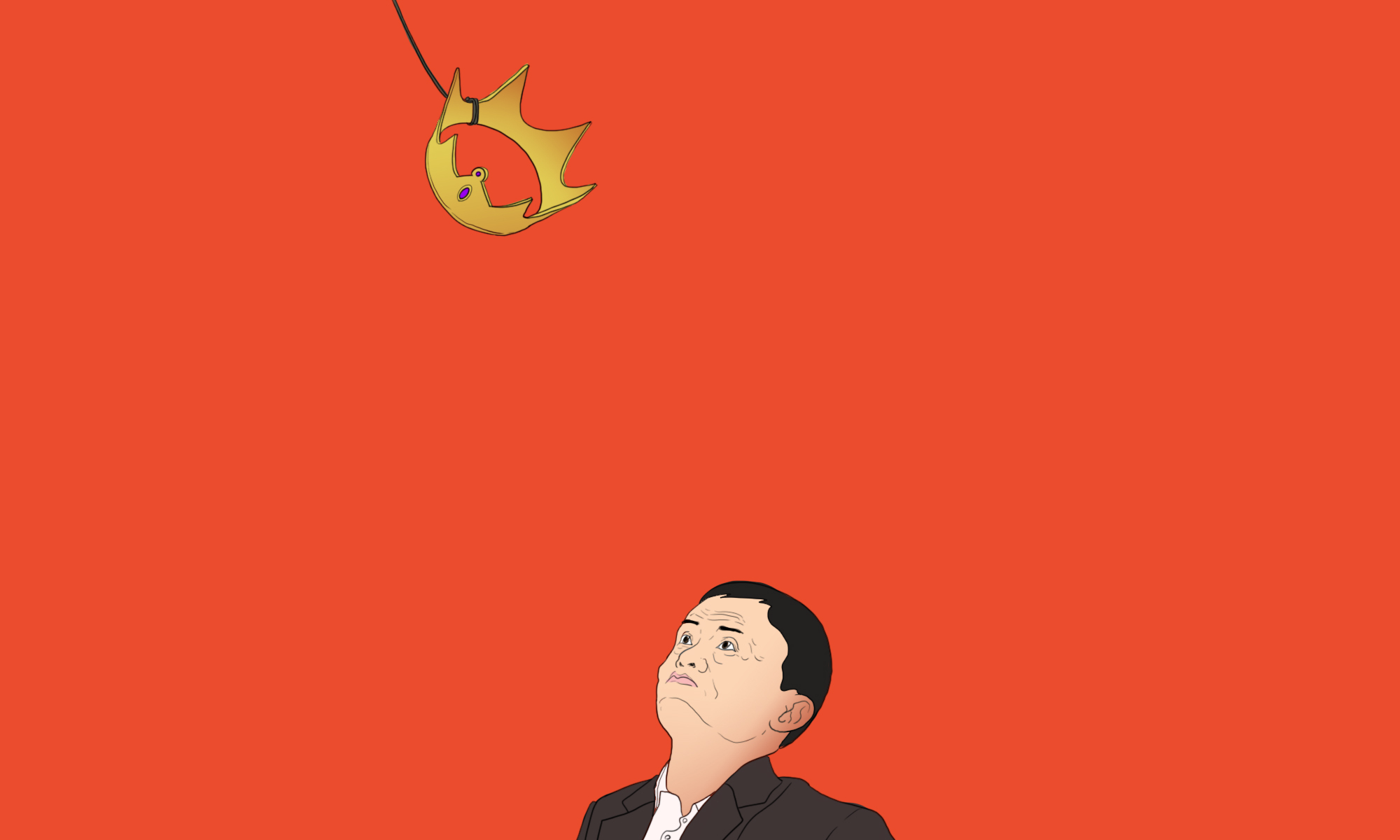Jack Ma will no longer pull the strings at Ant
Billionaire Jack Ma will no longer control fintech powerhouse Ant Group, and a senior official says China’s tech crackdown has ended. These are signs that the ‘previous era of breakneck growth is over,’ Martin Chorzempa, a senior fellow at the Peterson Institute for International Economics, told The China Project.

Jack Ma (马云 Mǎ Yún), the billionaire founder of ecommerce behemoth Alibaba, is ceding control of fintech spin-off Ant Group. The announcement was made via press release on Saturday. The news comes at the same time that a high-ranking banking official declared that Beijing’s tech crackdown has largely been completed.
“No shareholder, alone or jointly with other parties, will have control over Ant Group,” the company said of the changes, which are part of a “corporate governance optimization” that will offer 10 individuals independent voting rights and effectively remove Ma’s control of Ant.
- Ma is a former English teacher who founded Alibaba in his apartment in Hangzhou in 1999. He played a major role in the launch of Ant, which began in 2014 as Alibaba’s payments service, Alipay.
- Ma will see his controlling stake drop from above 50% to 6.2%, according to calculations by the Financial Times using data released in the statement.
- A state-owned company, Hangzhou Jintou Digital Technology Group, became the second-largest shareholder, holding 10% of Ant Group.
- Hong Kong–listed shares of Alibaba climbed 8.7% today.
The planned change of control, first reported last July by the Wall Street Journal, signals an end to the intense regulatory crackdown on China’s tech sector that has left the company in limbo since its intended IPO was scuppered at the last minute in November 2020.
- Ma — the five-foot tech rock star once known for his unabashedly flamboyant persona — has largely been operating under the radar since he publicly criticized Chinese regulators and state-owned banks on the eve of Ant’s $34 billion IPO.
- The move brings Ant one step closer to completing the massive overhaul of its business operations in order to align with Beijing’s regulations and the “common prosperity” doctrine pushed forth under Chinese President Xí Jìnpíng 习近平.
- But any potential revival of its IPO may be further delayed for a year or more: Companies who have had a controller change in the past three years must wait three years before listing on the country’s A-share market; two years for Shanghai’s STAR market; or one year, for Hong Kong’s stock exchange.
The company’s announcement comes just as Guō Shùqīng 郭树清, a top banking official nicknamed “Whirlwind Guo” for his slew of regulatory policies, told state-run news agency Xinhua that the “special rectification” of 14 large tech companies has basically been completed.
- Following steps include “normalized supervision” so that tech companies can lead development, create jobs, and compete internationally.
- For more on the end to the tech crackdown, see our business story today.
China news, weekly.
Sign up for The China Project’s weekly newsletter, our free roundup of the most important China stories.
“One of authorities’ main concerns in their ‘rectification’ of fintech was the concentration of power — especially the influence of entrepreneurs like Ma — [which produces] conflicts of interest that could create monopolies and financial risks,” Martin Chorzempa, a senior fellow at the Peterson Institute for International Economics (PIIE), told The China Project. “The move, combined with regulations that divide the power over lending and other parts of Ant’s empire, is key to moving forward from a ‘campaign-style’ politically driven wave of new rules to normalized technocratic regulation.”
“The previous era of breakneck growth is over, but it is a good sign that what looked to many like a crackdown can become a more consistent and predictable regulatory burden,” he added.






